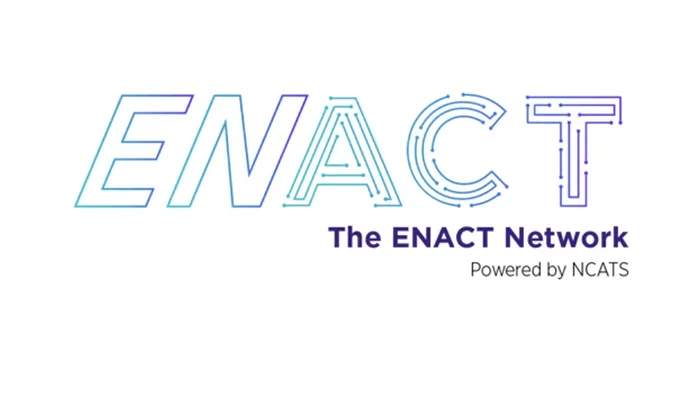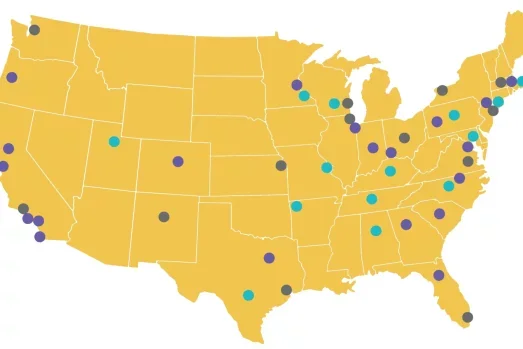ENACT
Counts from UCLA, UCSF, UC Davis, UC Irvine, UC San Diego and 35+ other CTSAs nationwide


What is the ENACT Network Data Explorer?
The ENACT Network is a real-time platform allowing researchers to explore and validate feasibility for clinical studies across the NCATS Clinical and Translational Science Award (CTSA) consortium, from their desktops. ACT helps researchers design and complete clinical studies, and is secure, HIPAA-compliant and IRB-approved.
ENACT was developed collaboratively by members of NCATS’ Clinical and Translational Science Award (CTSA) consortium, with funding from the NIH National Center for Advancing Translational Sciences.
Prior to ENACT, the UC Research eXchange (UC ReX) and the UC ReX Data Explorer tool--initiated by the UC Office of the President (UCOP), UC BRAID--were developed as groundbreaking tools through a collaboration of the medical campuses and their Chief Information Officers and CTSAs. UC ReX provided over 14 million datasets until it was replaced by ACT, the new national sharing platform, in 2019.
Who is participating?
ENACT plans to include all institutions that are part of the NIH-funded Clinical and Translational Science Award (CTSA) program.
What data is available through this tool?
Cohort counts rather than data sets are available through ACT. These are based on de-identified data extracted from each institution’s clinical data warehouse, transformed into a common data representation, and stored in a separate, dedicated data repository at each institution. ACT currently allows for interactive searches based on patients':
- Demographic characteristics (e.g. age, sex, race-ethnicity)
- Encounter diagnoses (ICD-9 & ICD-10)
- Laboratory test results
- Medications prescribed
- Procedures (CPT, HCPCS, ICD-9 & ICD-10)
- Visit details
- Vital status
What can ENACT not do?
ACT is a cohort discovery tool, meaning only patient counts can be retrieved. Individual patient-level data cannot be accessed through this tool, but it is possible to gather this information outside of ACT. Please contact us directly at act@mednet.ucla.edu if you would like individual patient-level data. These requests will be reviewed on a case by case basis.
Who can use the tool?
To access ENACT, researchers must request an ENACT account and complete training. Researchers must be affiliated with a UCLA principal investigator.
To get started or for questions, please email act@mednet.ucla.edu.
How-To Resources
Training materials and further resources through the ENACT website.